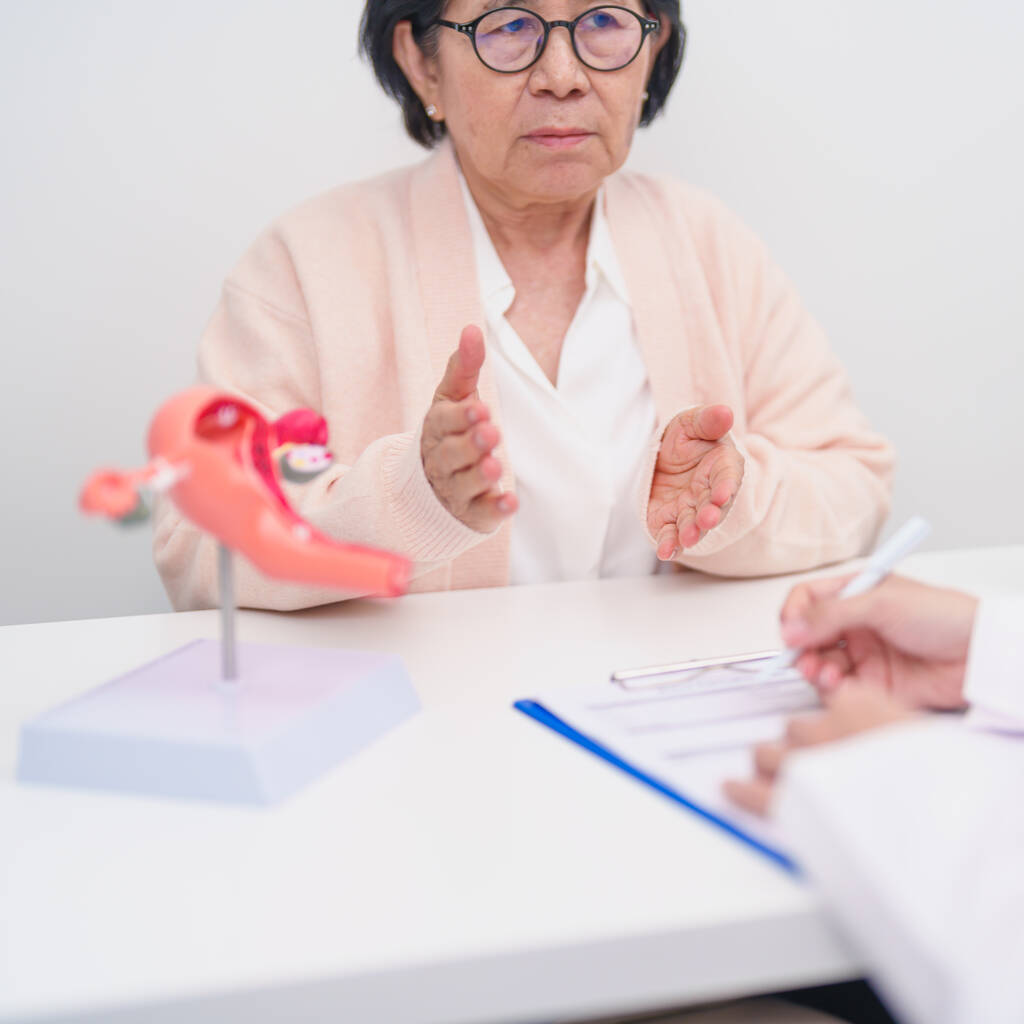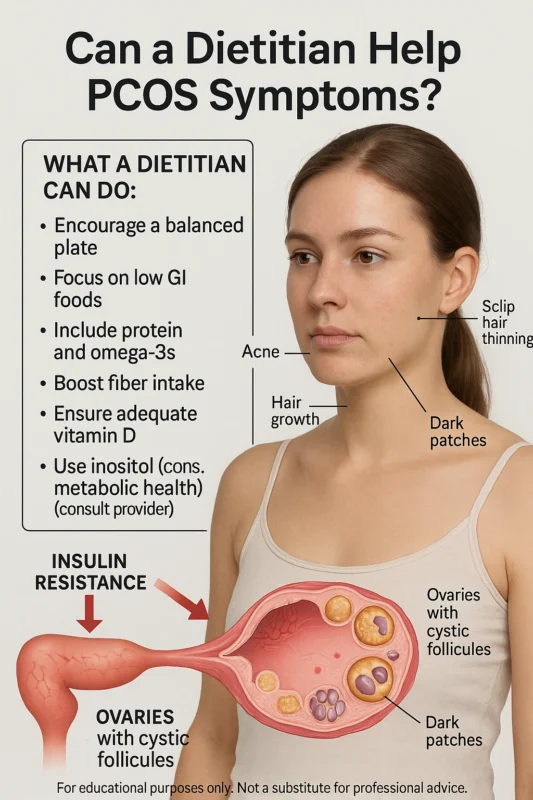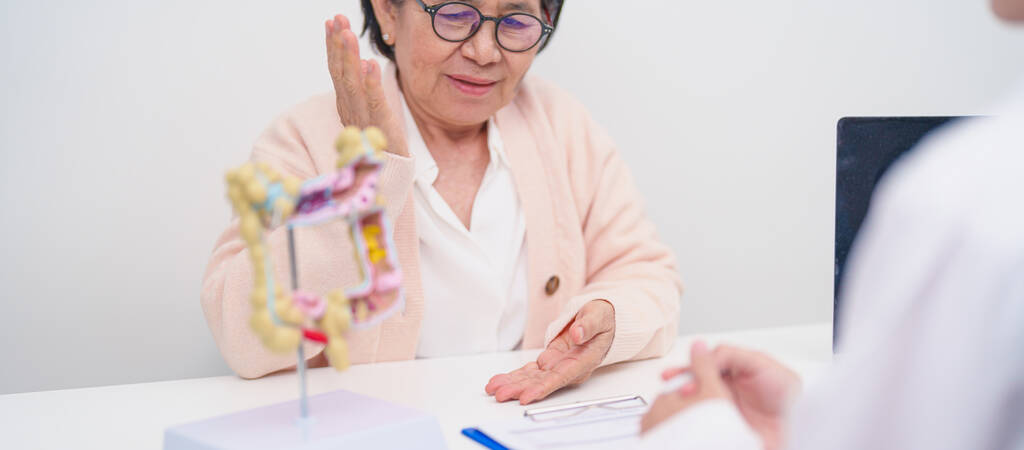Blog
Can a Dietitian Help PCOS Symptoms

Being aware of PCOS – polycystic ovarian syndrome helps you progress along your health journey compared to those who are unaware of why they’re having the symptoms they’re experiencing. The condition affects roughly 10 percent of women worldwide with less than 50 percent diagnosed. There is no set of symptoms or one symptom that defines PCOS, making diagnosing difficult.
While these symptoms vary from one individual to the next, many find that working with a registered dietitian helps build a sustainable nutrition routine. When you book a consultation with the expert, they will work with you to explore how dietary when paired with other lifestyle changes can impact your overall care.
Living with PCOS can be a challenge, but the important thing to be successful in managing the condition is to focus on a positive mindset and concentrate on your emotional and physical wellbeing. This can be done on your own or with outside support like an RDN.
Exploring the Connection Between Diet and PCOS

PCOS registered dietitians work to help women manage symptoms associated with polycystic ovarian syndrome. The goal is to develop a tailored nutrition plan to fit the needs whether they experience excessive hair growth, irregular menstrual cycles, acne, weight gain, inflammation, or several of these.
An RDN collaborates with clients to target specific symptoms and outline distinct health objectives.
Nutrition plans will include dietary changes along with lifestyle changes like reducing stress and incorporating a regimented daily fitness program.
A multidisciplinary approach to PCOS care increasingly recognizes the essential role of registered dietitians.
ScienceDirect’s outlines how dietitians contribute to personalized nutrition strategies that address things like insulin resistance and hormonal imbalances.
The role of dietitian in the multidisciplinary treatment of PCOS – ScienceDirect – making them a vital part of comprehensive treatment plans.
Aside from managing a range of symptoms, there are many other potential benefits of consulting with an RDN.
Acne
PCOS-related acne is a prominent symptom for women struggling with this condition. The cause is an out-of-balance or high hormone level. Androgens contribute considerably to acne development.
This symptom is manageable with lifestyle changes, oral contraceptives, medications, and diet. A dietitian can guide clients through these changes.
For instance, a woman can increase her water intake for a tremendous effect on her skin. It is, however, essential to understand the right intake amount for your body.
Reducing stress levels is also integral for acne treatment. Dietitians will encourage getting eight hours of sleep each night, focus on relaxation and self-care for skin improvements.
Hair growth

A common symptom of polycystic ovarian syndrome is excessive hair growth found on the belly, chin, face, back, or arms. This growth is caused by high androgen levels, like testosterone. Many women battle this hair growth with waxing, shaving, or laser removal, RDNs help them with diet and lifestyle changes.
For instance, insulin and blood glucose level management can help prevent the growth. Additionally, spearmint teas and certain supplements like “Inositol” have been known to combat hair growth.
Contraception
| Topic | Details |
|---|---|
| Contraception | Women diagnosed with this condition have a high androgen (male hormone) level. This can interfere with egg development and release from the ovaries, making conception challenging. Evidence suggests that exercise and diet can improve hormonal function and ovulation. |
| Lifestyle Support | A dietitian specializing in PCOS can help navigate lifestyle changes to support fertility. Recommendations often include evenly distributing calories throughout the day and focusing on fiber, whole grains, and non-starchy vegetables. |
Weight management
It can be difficult for women with this health condition to manage their weight due to hormonal imbalances, inflammatory symptoms, and insulin-resistance. An RDN helps to create a tailor-fit meal plan that caters to weight loss in a sustainable and health way.

It’s essential to learn mindful eating; women with PCOS have a greater risk of developing disordered eating. Hormones can further be negatively impacted by eating too few calories. Metabolism slows down with chronic calorie restriction and that could lead to weight gain in time.
Final Thought
While there’s no single cure for PCOS, dietary changes can play a meaningful role in symptom management.
Go to Prevention Magazine where they note that adopting an anti-inflammatory eating pattern can help with some of PCOS symptomatology like lowering the risks of long-term complications including diabetes and cardiovascular disease.
If you struggle with polycystic ovarian syndrome symptoms, working with a registered dietitian specializing in managing symptoms associated with the condition can help you take control over your health and wellbeing.
